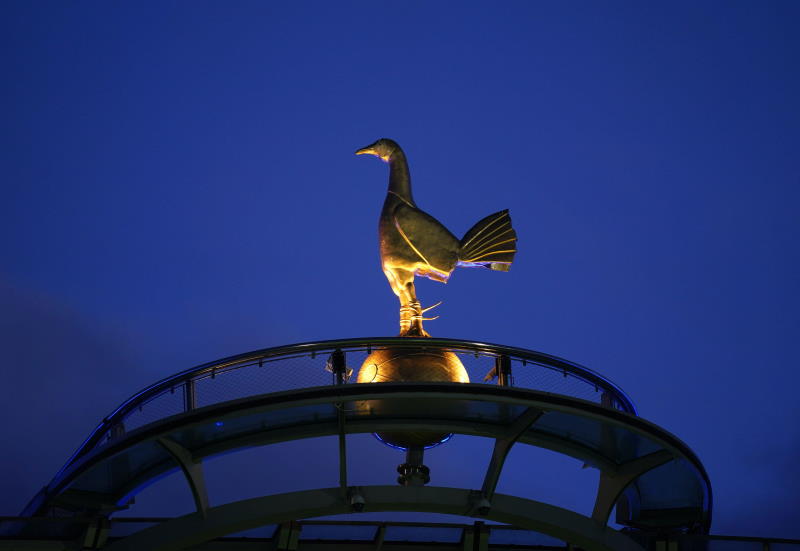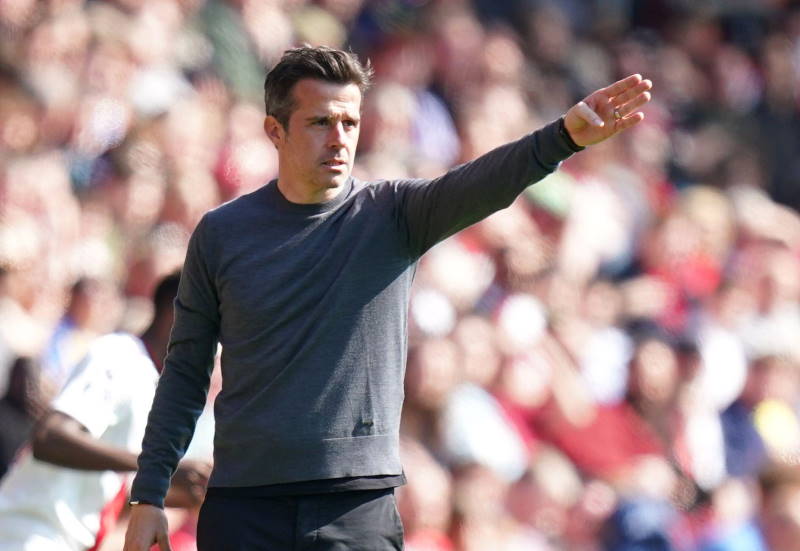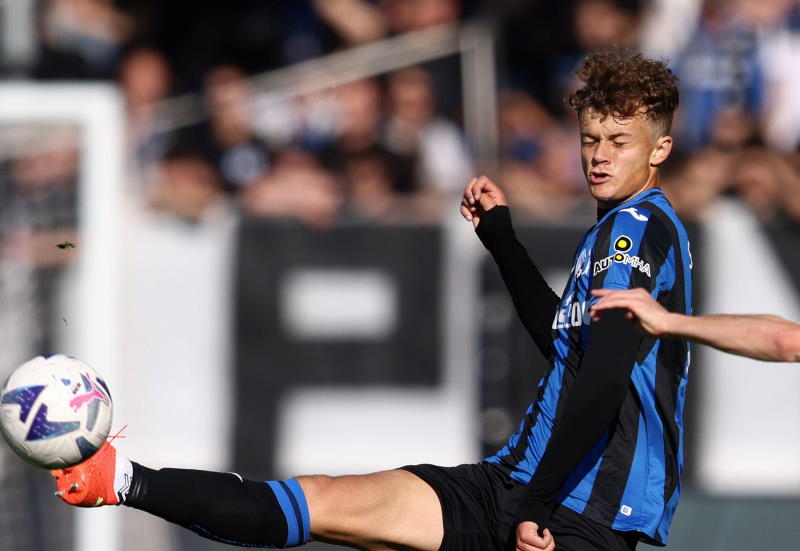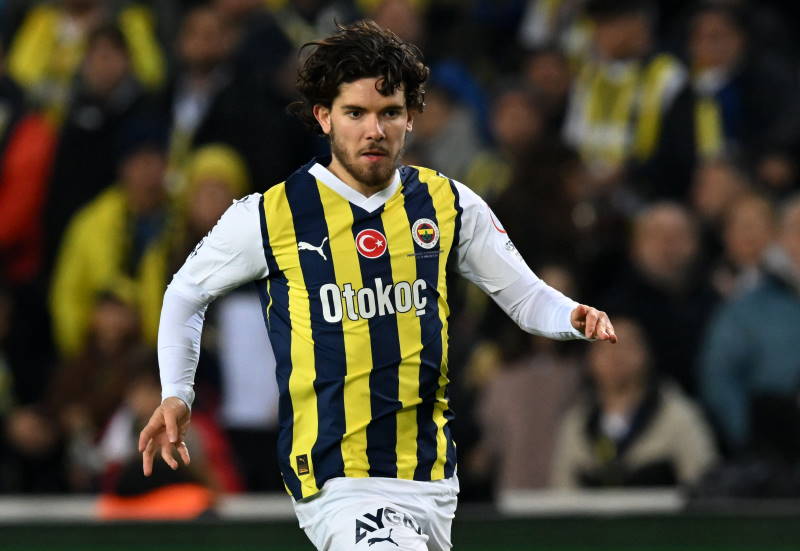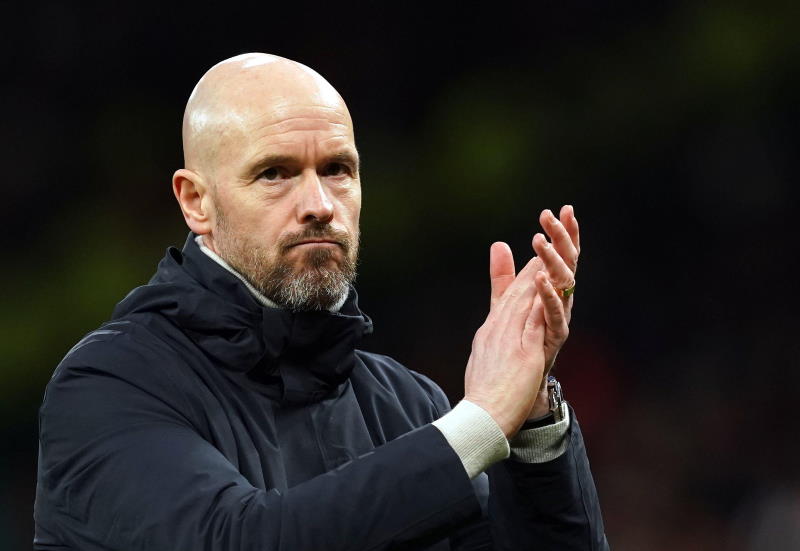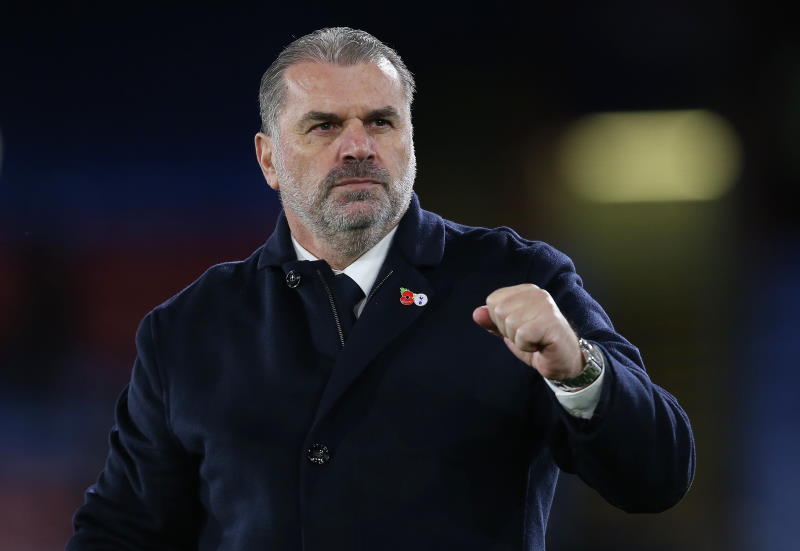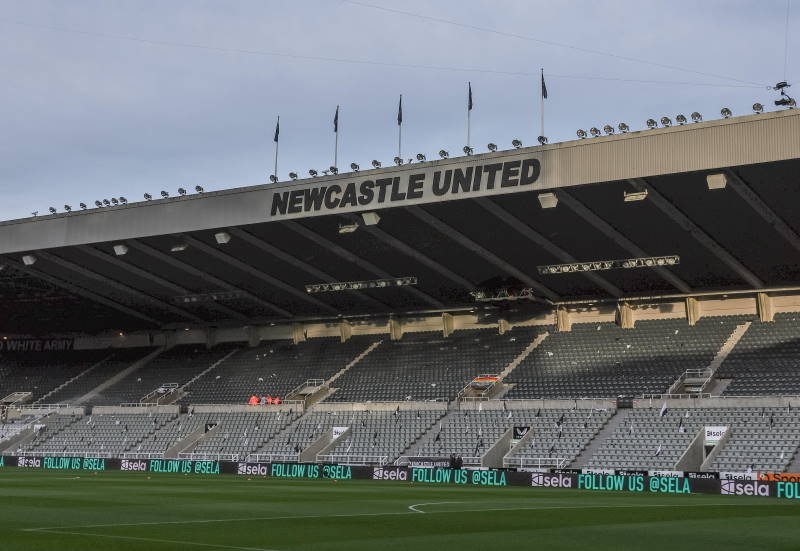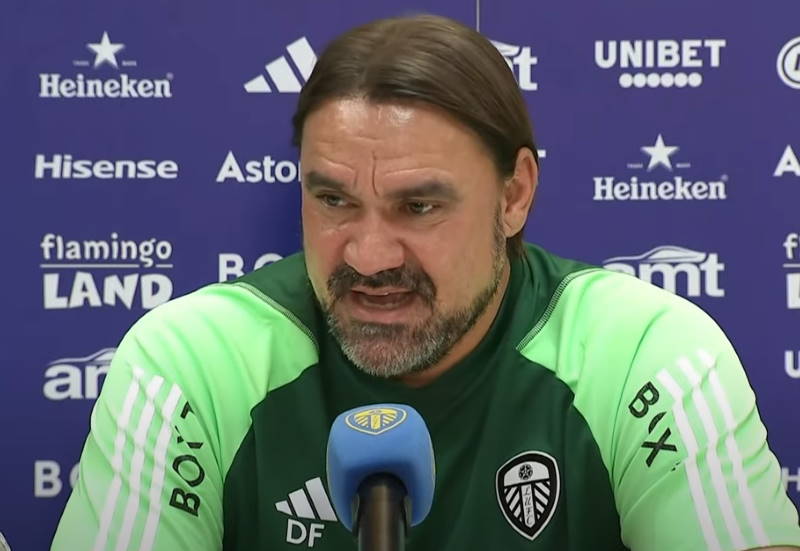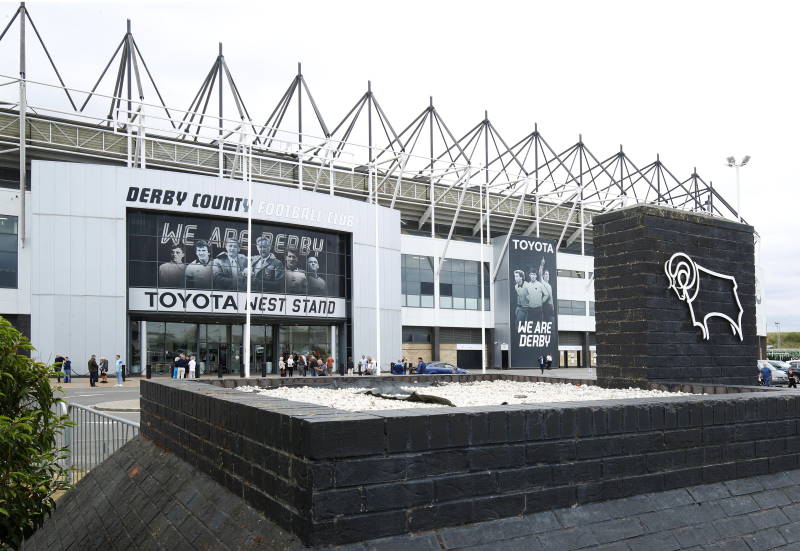
‘Fortune favours the brave’: one of many sayings about war often repeated in football. From advocating attacking football to always going for the win, it is regularly on the lips of those associated with the game.
Almost since the advent of the league programme in 1888, the debate about whether a club should prioritise a successful league campaign over a cup run has raged in boardrooms, living rooms and on the terraces. With the spectre of relegation hovering ominously for many teams, such a dilemma has invoked existential doubts among even the doughtiest managers.
Such doubts must be circling through the mind of Stoke City manager Tony Pulis. His increasingly impressive outfit recently played three games in six days, including a roughly 5,000 mile return trip to face Israeli side Maccabi Tel-Aviv, where the Potters earned a comfortable 2-1 win to leave them top of their Europa League group. In the Premier League however, Stoke followed a 3-1 home defeat to Newcastle United with a 5-0 mauling at the hands of struggling Bolton Wanderers.
With a 4-0 defeat to an inconsistent Sunderland side also coming so soon after a solid 1-1 draw away to European heavyweights Dynamo Kyiv, it is clear that the extra exertions the Europa League entails are taking a toll on Stoke’s league campaign, threatening their chances of a first Premier League top-ten finish and (in a nightmare scenario) possibly dragging the Potters into a debilitating relegation dogfight.
Pulis must surely be wondering if his side should continue to give their all, knowing that Stoke are probably too strong to go down, and try to achieve what would be a famous European success; or should the 56-year-old be more cautious and look to the Premier League?
Considering the huge financial advantages of being in the Premier League, the first option of going all-out for cup glory is not what most managers choose to do, but there are some eye-catching exceptions.
Middlesbrough’s 2004 League Cup win and run to the UEFA Cup final in 2006 are more fondly recalled than their decade of decent showings in the top flight – and earned Steve McClaren a shot at the England job.
The rollercoaster campaign of Fulham under Roy Hodgson in 2009/10 meanwhile – where the Cottagers triumphed over giants such as Juventus, reigning UEFA Cup-holders Shakhtar Donetsk and former European champions Hamburg – will go down in Craven Cottage folklore, despite an agonising loss to Atlético Madrid after extra time in the final. Fulham may have only finished 12th that year, down from their best-ever finish of 7th the season before, but it is the see-saw encounters with Europe’s big boys that the club’s fans will recount to their grandchildren, not narrow victories over Blackburn Rovers or edging out Chelsea.
Fulham, as a mid-sized club with a limited history, but a good squad punching above their weight, came very close to emulating Sir Bobby Robson’s Ipswich Town, whose side famously won the UEFA Cup in 1981, a fact which not only helped to ease the pain of a runners-up spot in the league, but also remains a point of pride for the Tractor Boys now in much leaner times. If Pulis is looking for inspiration, then both Ipswich and Fulham could be ideal examples for Stoke to follow.
Of course, there is another recent example which provides a more stark warning. Birmingham City won only their second trophy last year, beating Arsenal 2-1 in the League Cup final, but by May had become only the second side since Norwich City in 1985 to follow silverware with relegation.
With England’s Championship exceptionally tight this year, there is a strong chance the Midlands club may not bounce back at once, and so the final triumph at Wembley begins to resemble a Pyrrhic victory, with the trophy having a rather hollow ring.
Having performed so well last season on Europe’s most glamorous, prestigious and wealthy stage, a Europa League campaign seems scant consolation, and Birmingham manager Chris Hughton has also rewarded the Blues’ League Cup heroics by prioritising a pragmatic promotion push over European adventures. The argument here is clear: this is a tin-pot tournament not worth winning, so why imperil a club’s future with a futile and exhausting waste of time?
The Europa League has, much like the League Cup domestically, long been seen as a second-rate trophy by some managers, such as Bolton Wanderers’ former boss Gary Megson, who fielded weakened sides as he successfully battled against relegation, while Tottenham Hotspur have also routinely sent out depleted squads in recent seasons as they focus on qualifying for the Champions League.
However, not everyone who has pushed for glory in the cups has regretted it later. In the 2008/09 season Aston Villa were hot on the heels of Arsenal in the hunt for Champions League qualification, as well as in the third round of the UEFA Cup against CSKA Moscow. Fearing his small squad – already stretched by injuries to key players such as captain Martin Laursen – would suffer burnout, and in a final surge for a top four Premier League finish, then-Villa manager Martin O’Neill sent a skeleton squad to Moscow, which duly lost 2-0, a deficit that could not be overturned at Villa Park; O’Neill’s men went out 3-1 on aggregate.
The argument was that Villa had an excellent chance of qualifying for fourth, what with Arsenal wobbling, Spurs in transition and Manchester City newly flush with Thaksin Shinawatra’s millions, but still building a team, and thus everything was focused on achieving this goal.
But Aston Villa did not succeed and the tame surrender to CSKA Moscow not only angered fans so much that O’Neill held a conciliatory dinner for those who travelled to the Russian capital, it also saw a side already struggling to maintain momentum without Laursen, added to a subsequent spring crash – traditional for Villa in the Premier League – slump from third to sixth.
With Arsenal regrouped, Tottenham revitalised and Manchester City newly flush with Sheikh Mansour’s billions by next August, the seat at Europe’s top table was whipped away before Villa could sit down, leaving O’Neill’s side embarrassed and without a trophy.
That season O’Neill did pursue the cups with vigour, maintaining a sixth-placed finish whilst also reaching a League Cup final and FA Cup semi-final, where Villa controversially lost to Manchester United and Chelsea respectively, precipitating the Irishman’s departure.
Much like Napoleon, the Moscow retreat was a turning point for O’Neill’s reign at Villa Park, and with a good opportunity for a trophy spurned in favour of a fruitless chase for fourth – that always looked unlikely the moment Laursen’s injury destabilised the defence –the Ulsterman began to receive criticism for the first time; unanswered doubts which never went away.
As Tony Pulis looks to get his side’s Premier League campaign back on track whilst carrying on the club’s historic success in Europe, the Stoke boss has to choose between the approaches of Fulham and Tottenham, mindful of Birmingham and Aston Villa’s ill-fated decisions.
Is it worth risking a cherished top flight spot for a run in a tournament that the odds are against the Potters winning, especially when the Champions League sides drop in? Or should Stoke throw caution to the wind and seek romance and glory abroad?
It may be a risk, but for a squad with so much quality and depth, a rare European adventure should be savoured, providing a better chance for glory and silverware than domestic drudgery.
Pulis’ men only qualified for Europe through their FA Cup heroics last season, and considering the competitiveness of the Premier League, why not chase Europa League success? After all, fortune favours the brave.


